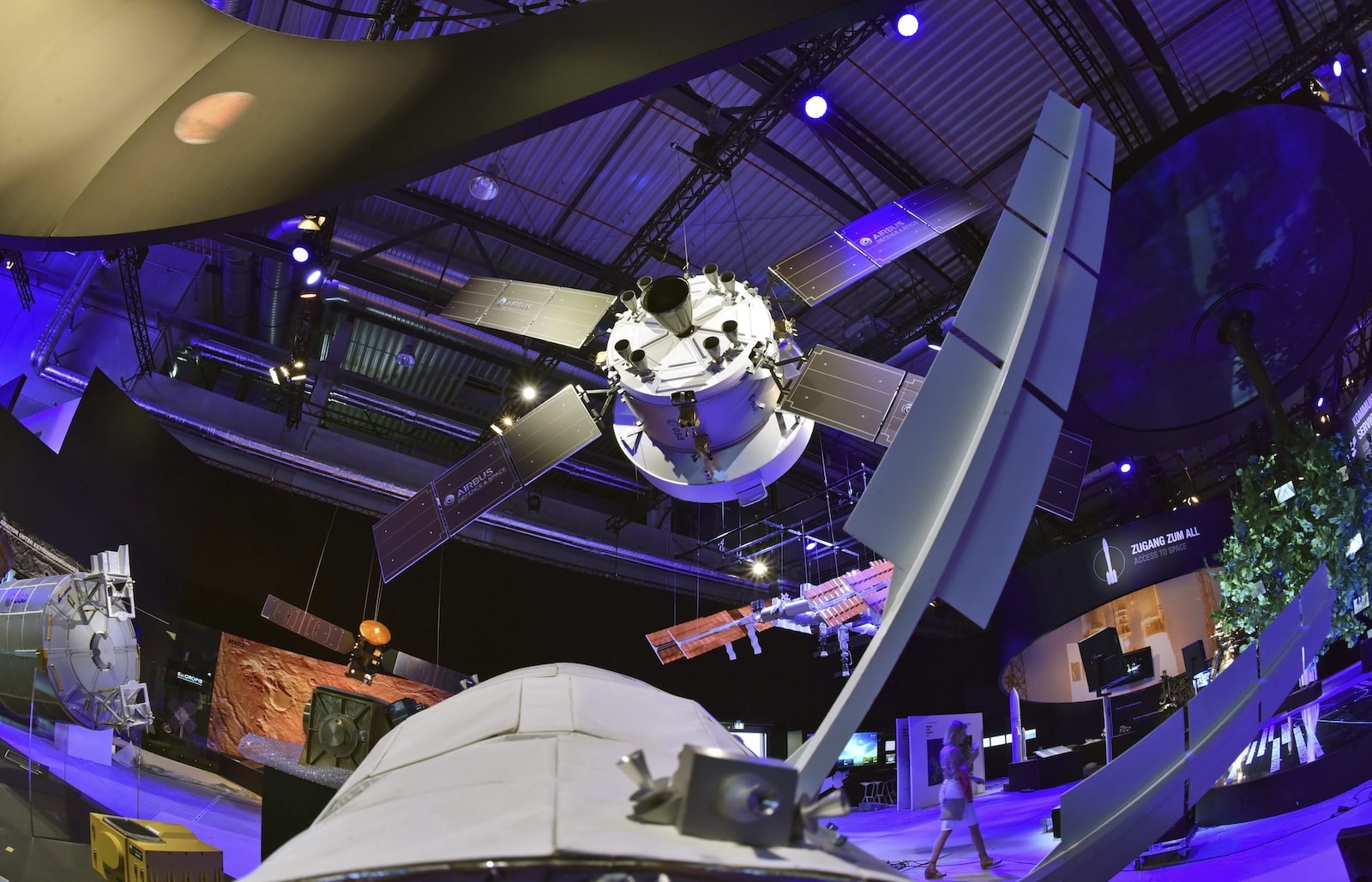Thursday, May 30, 2024
Tribune by Maarten Wetselaar, CEO of Cepsa.
Source: Expansión
Major changes in society trigger a dual reaction. Some respond with fear to the unknown, while others perceive a great opportunity. The arrival of artificial intelligence (AI) is one such case, and once again, it's up to us to implement it in a way that contributes to the better development of humanity.
From my point of view, it's always preferable to focus on opportunities, and here AI is already providing significant advancements in healthcare, knowledge accessibility, and organizational competitiveness. Managing large volumes of data provides us with the ability to predict situations and act preventively, which is crucial in industries such as energy and impacts diverse aspects like our production processes, the provision of raw materials, or the management of facility security.
In the new plants we’ll build for the development of sustainable energies, like the second-generation biofuels facility we started in Huelva last February, we plan to incorporate all available technological advancements, with Artificial Intelligence playing a key role. This plant, which will be the largest in Southern Europe with a capacity to produce half a million tons per year of Sustainable Aviation Fuels (SAF) and renewable diesel, is based on a native digital conception. This Industry 4.0, fully interconnected and with real-time data processing capabilities, will enable us to maximize production and distribution capacity, with continuous efficiency improvements. These enhancements could be allocated to foster new investments in innovation and sustainability.
In terms of security, continuous monitoring of distribution and production facilities provides rich data that, when processed with AI, gives us predictive capabilities and faster response times, thereby enhancing safety in management. Likewise, AI poses new cybersecurity challenges in the face of increasingly sophisticated attacks, yet it also enhances organizations' defensive capabilities by applying artificial intelligence to detection and protection tools.
Similarly, AI serves as a key tool for the ongoing training and empowerment of our employees, fostering the necessary upskilling required for the development of new green molecule-based energies.
Additionally, AI enables a level of cooperation between companies previously unseen. Suppliers, companies within the same value chain, or businesses from other sectors—we can all identify new opportunities where technological advancements enable us to enhance process efficiency and reduce energy consumption, aiding different organizations in their decarbonization efforts. Furthermore, we must consider the collaboration involved in the world of startups and open innovation processes.
Implementing AI in businesses goes beyond simple management applications; it requires investment and process reengineering. These resources are not within reach for all companies, highlighting once again the need to facilitate an integration process among SMEs so that they can benefit from competitive improvements. In this regard, Deloitte states that 65% of companies utilize AI internally, while 74% are “testing” this technology. However, these percentages decrease drastically in SMEs. Implementing it throughout the value chain should be the path to growth.
In all of this reflection, we must also consider the increased energy demands that AI management will entail and the need to build responsible and as democratic as possible technology, accessible to the greatest number of companies.
AI will permeate everything and determine the level of development of each country, each economic area. PwC predicts that artificial intelligence has the potential to add $15.7 trillion to the global economy by 2030, a figure that exceeds the combined GDP of India and China. We know that the United States and China are leading the way, largely because AI is an extension of global technological platforms, the same ones that lead major investments in innovation and, due to their business, have access to vast amounts of data to train their "brains."
On the other hand, Europe has taken the lead in terms of AI regulation. This, which is related to the cautious culture and protection of individual rights that the Old Continent embraces, is positive, but at the same time, it's important not to miss out on the train of innovation and technological development. Europe has already demonstrated its ability to respond in other instances. In aviation, for example, Europe was of little relevance fifty years ago. However, today, Airbus, a company created by several European countries, including Spain, is a global leader in the sector.
As mentioned at the beginning of this article, AI represents a profound transformation that includes risks and opportunities. Undoubtedly, it’s a paradigm shift that we should incorporate into our organizations as soon as possible to continue empowering our professionals and enhancing the competitiveness of the European industry.
¿Te ha parecido interesante?





